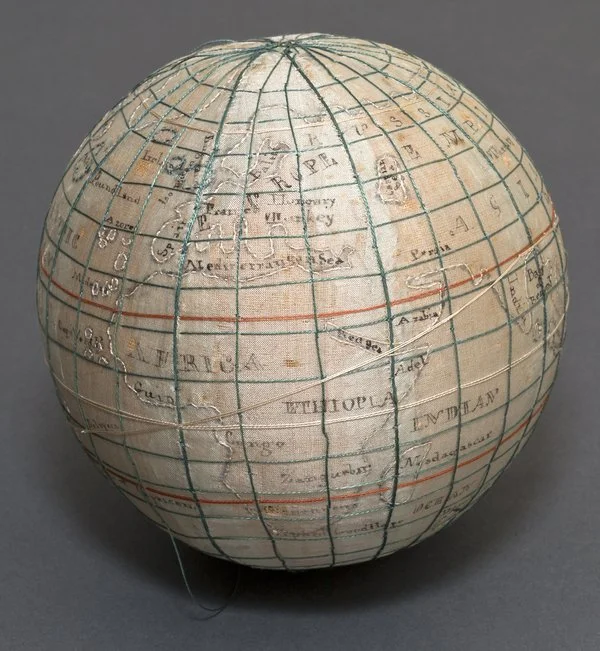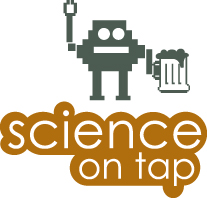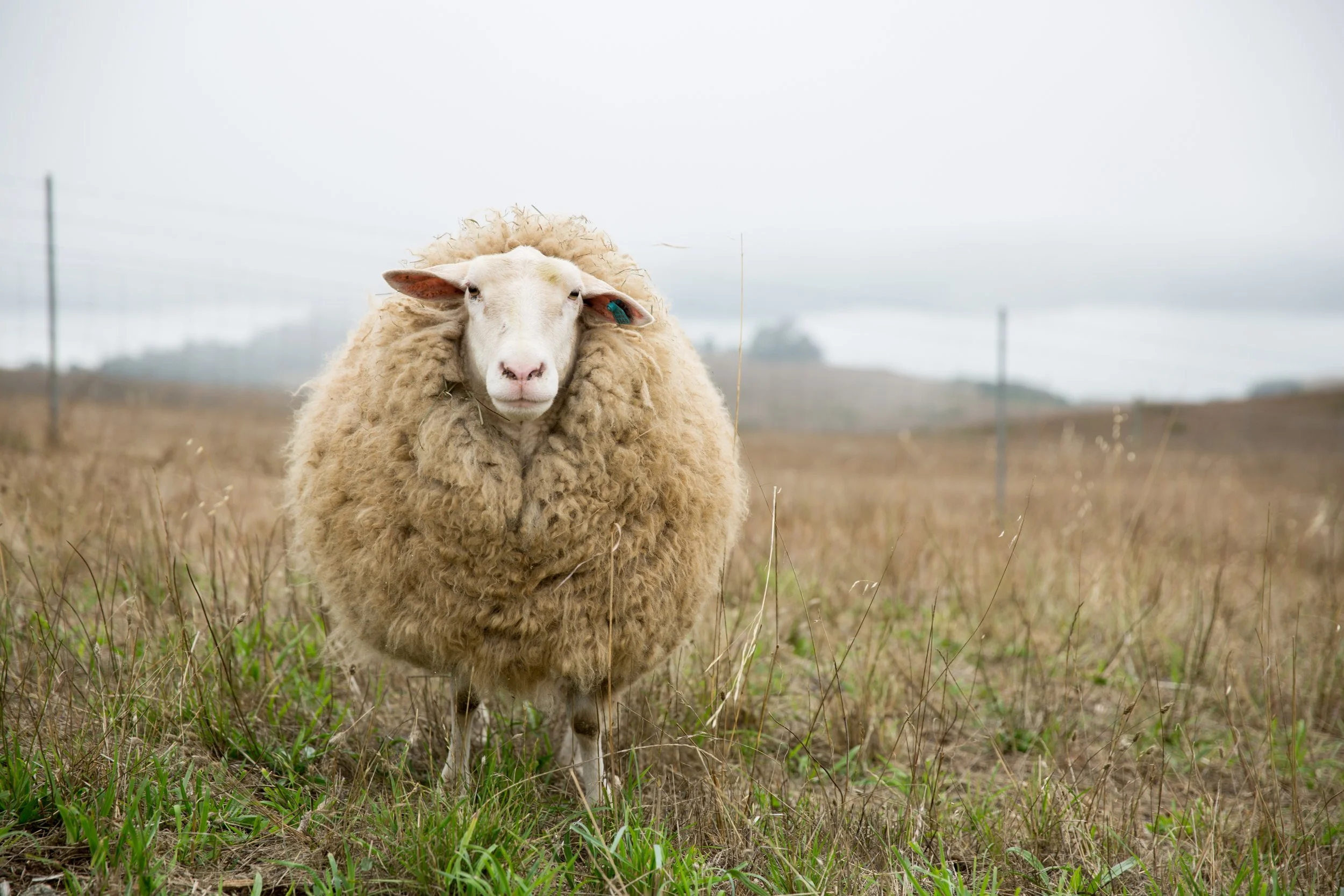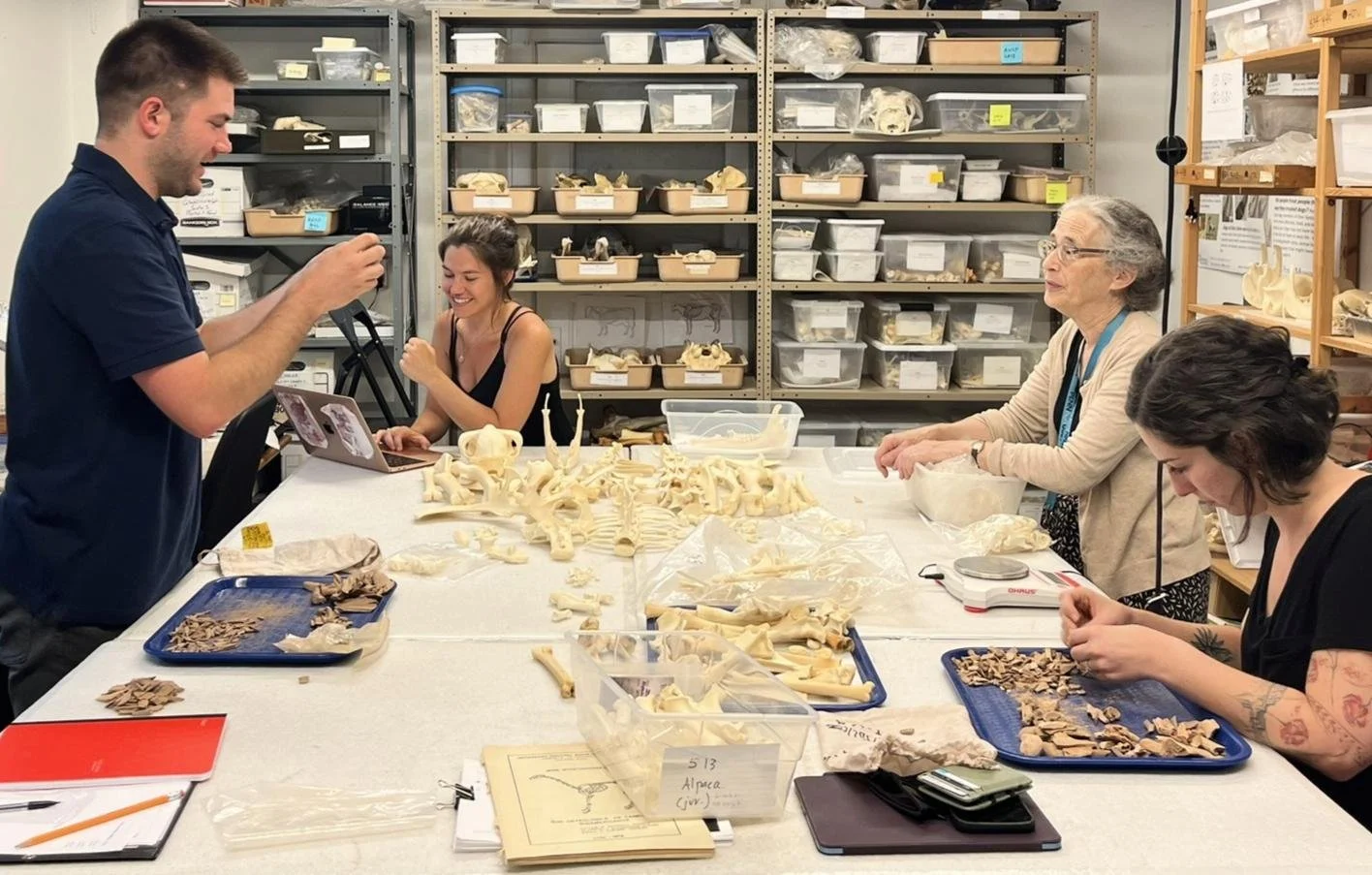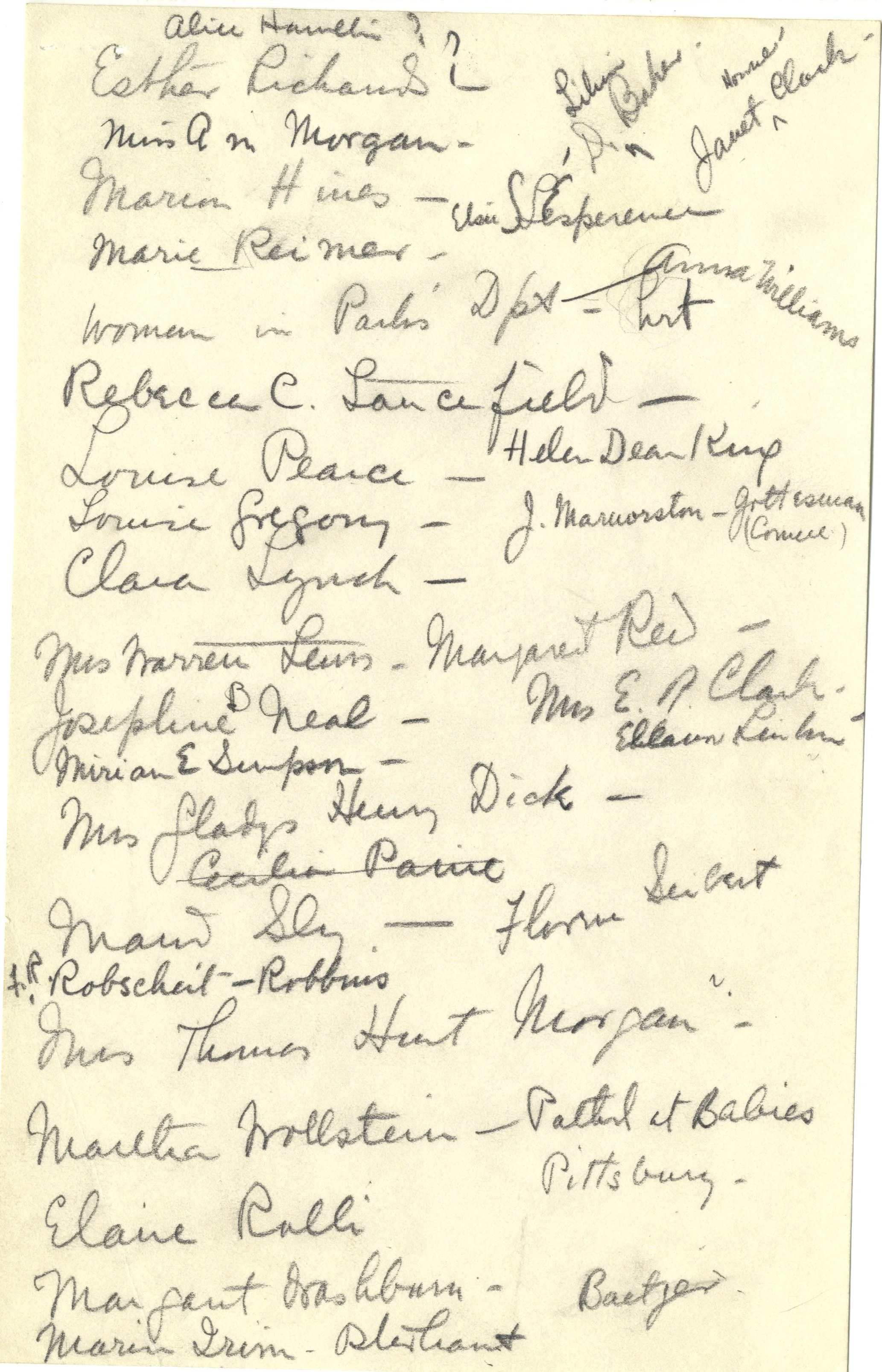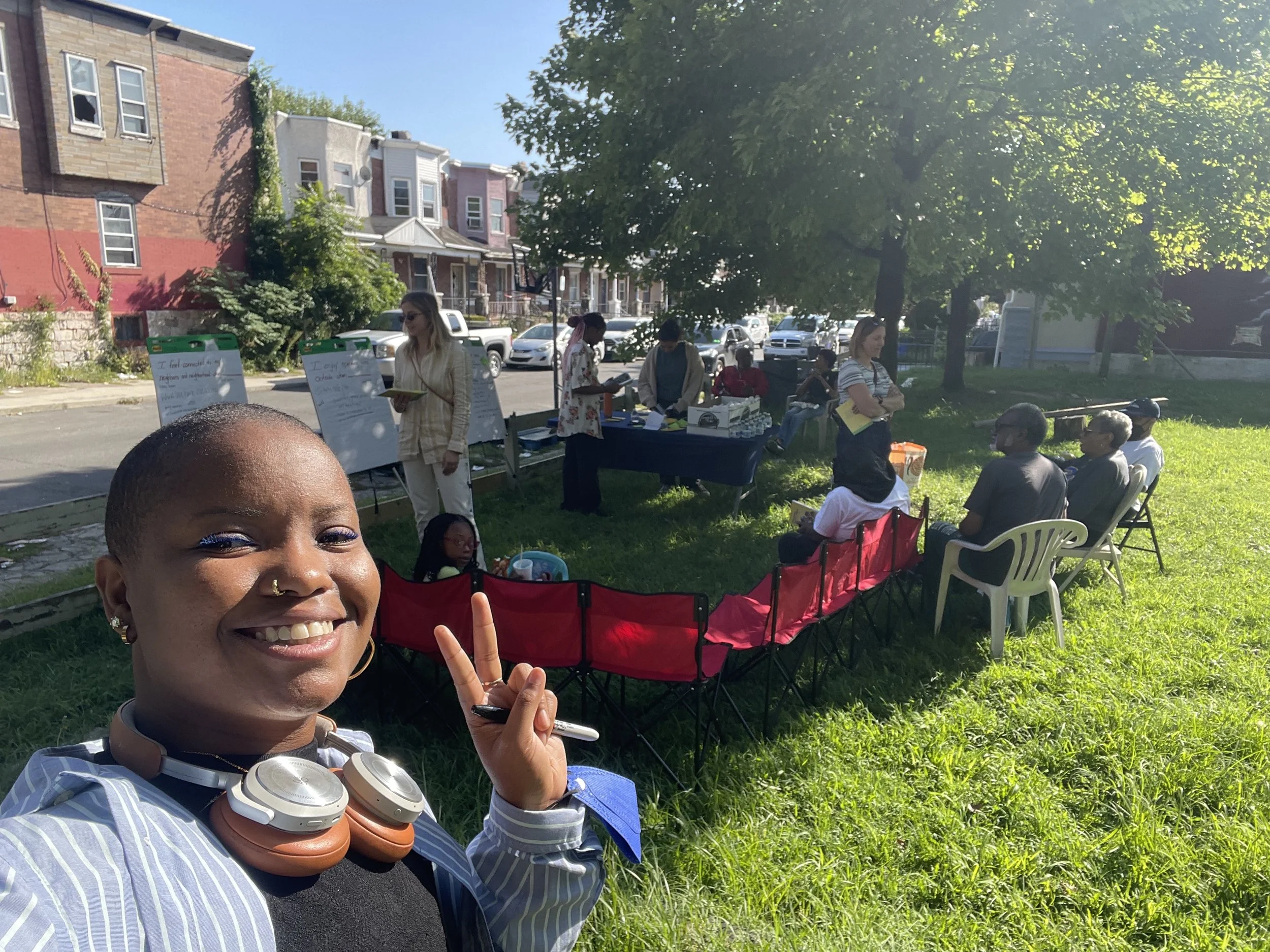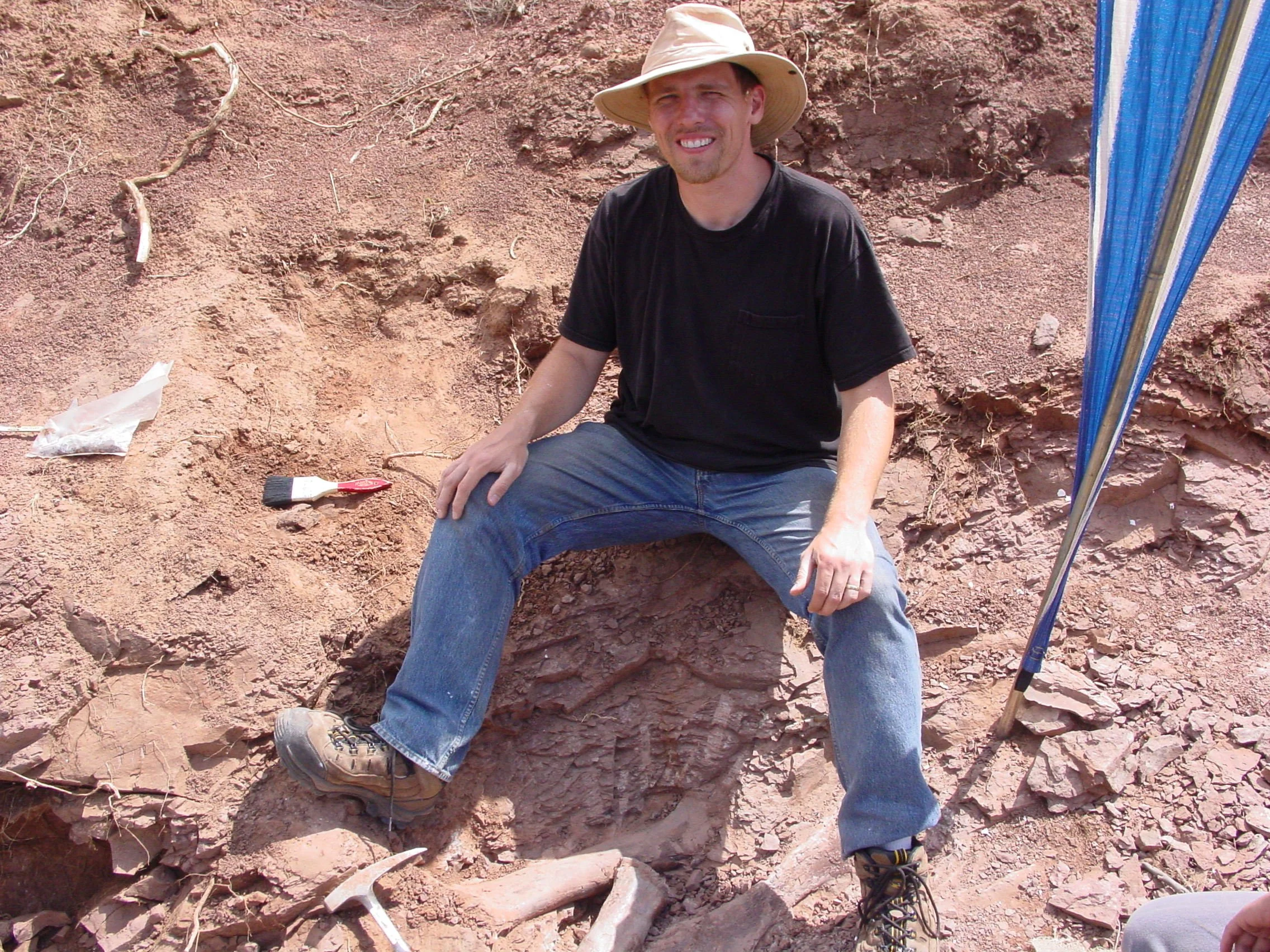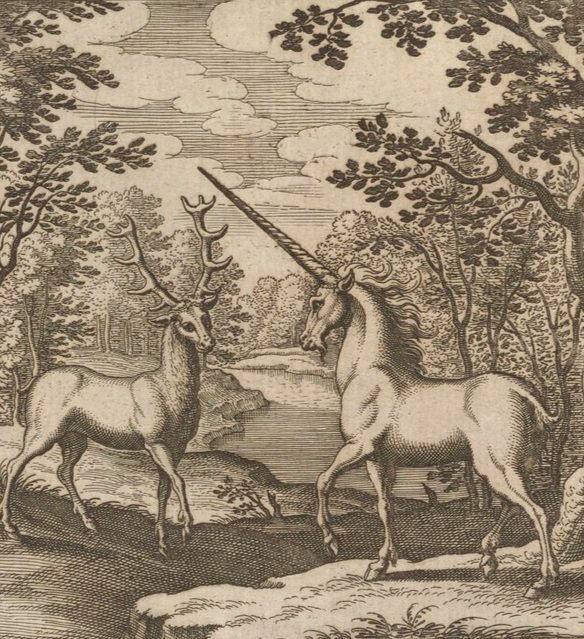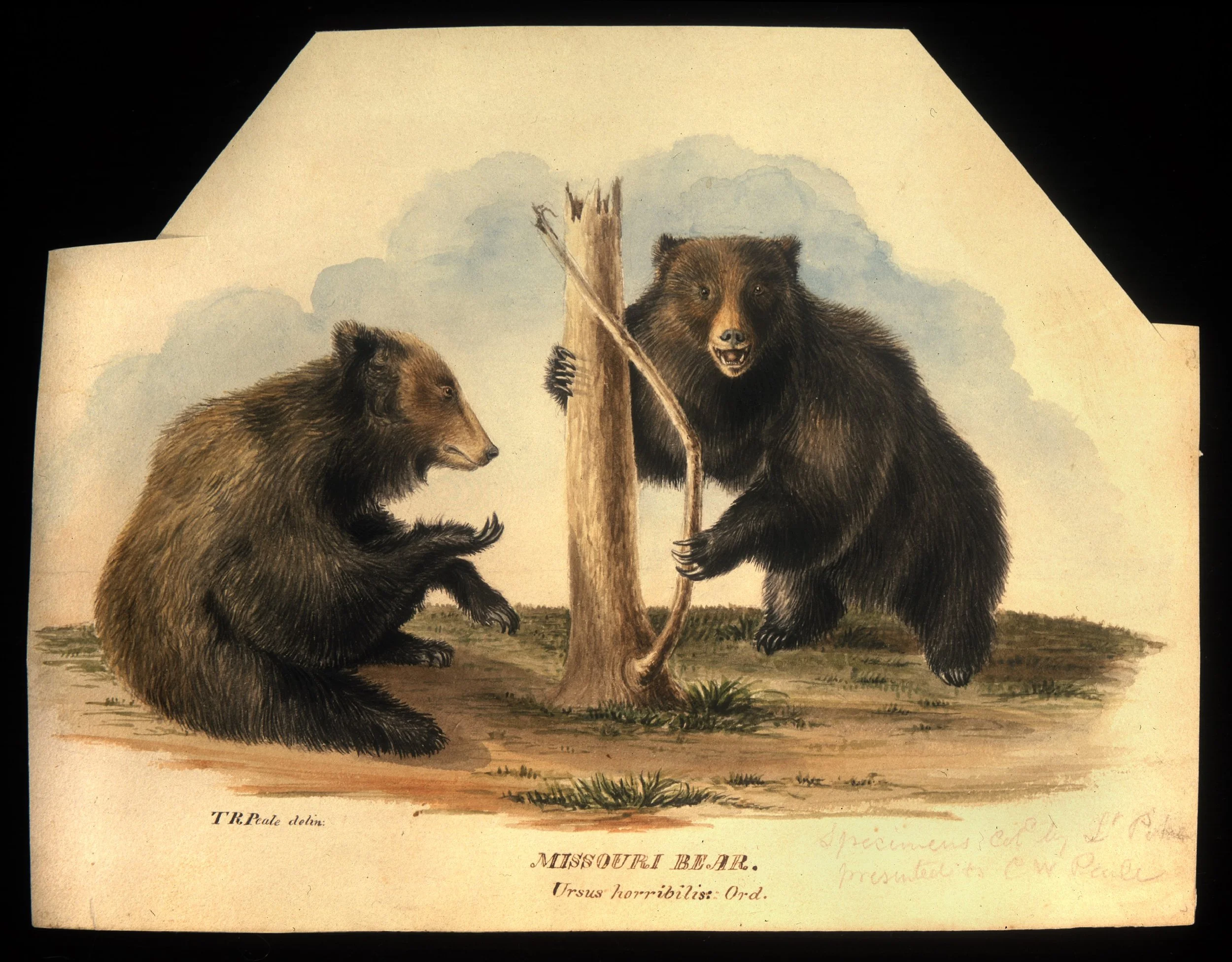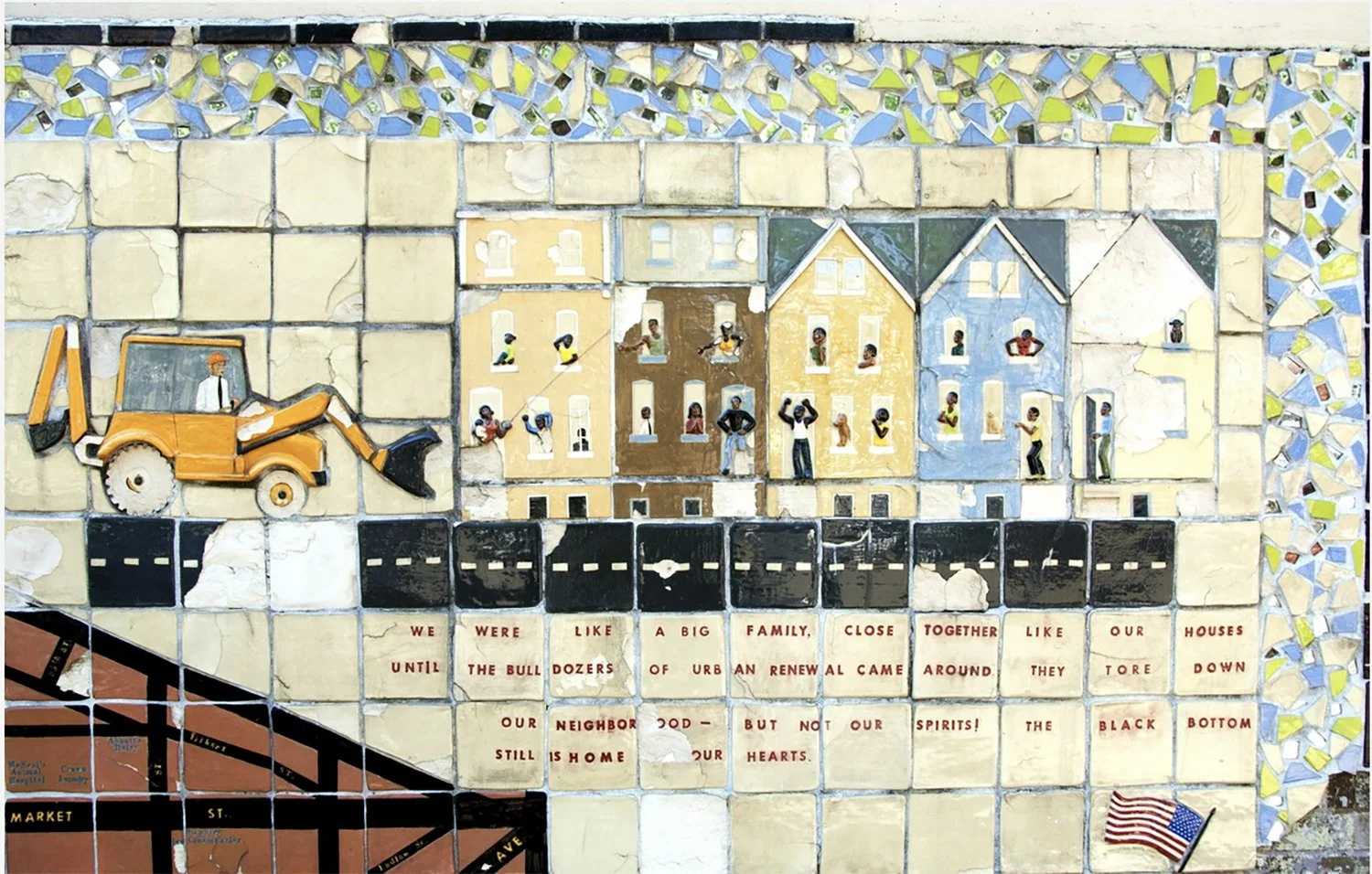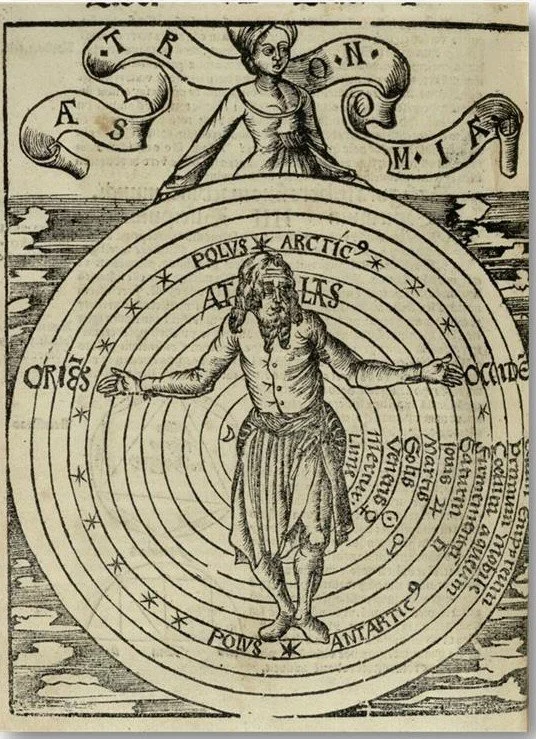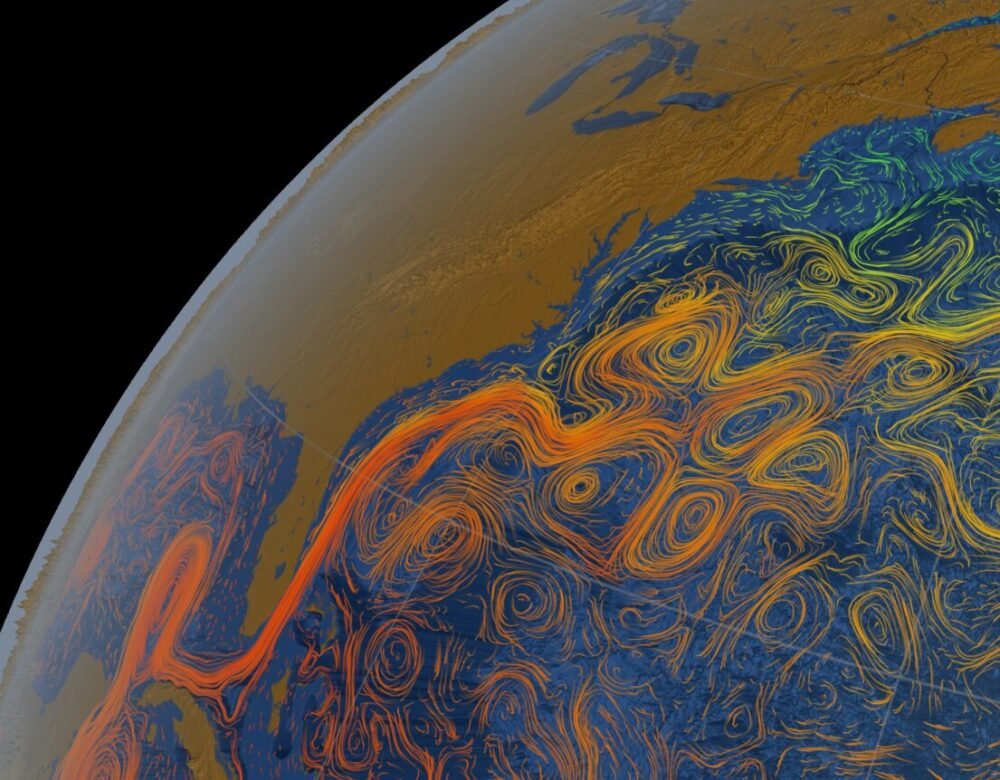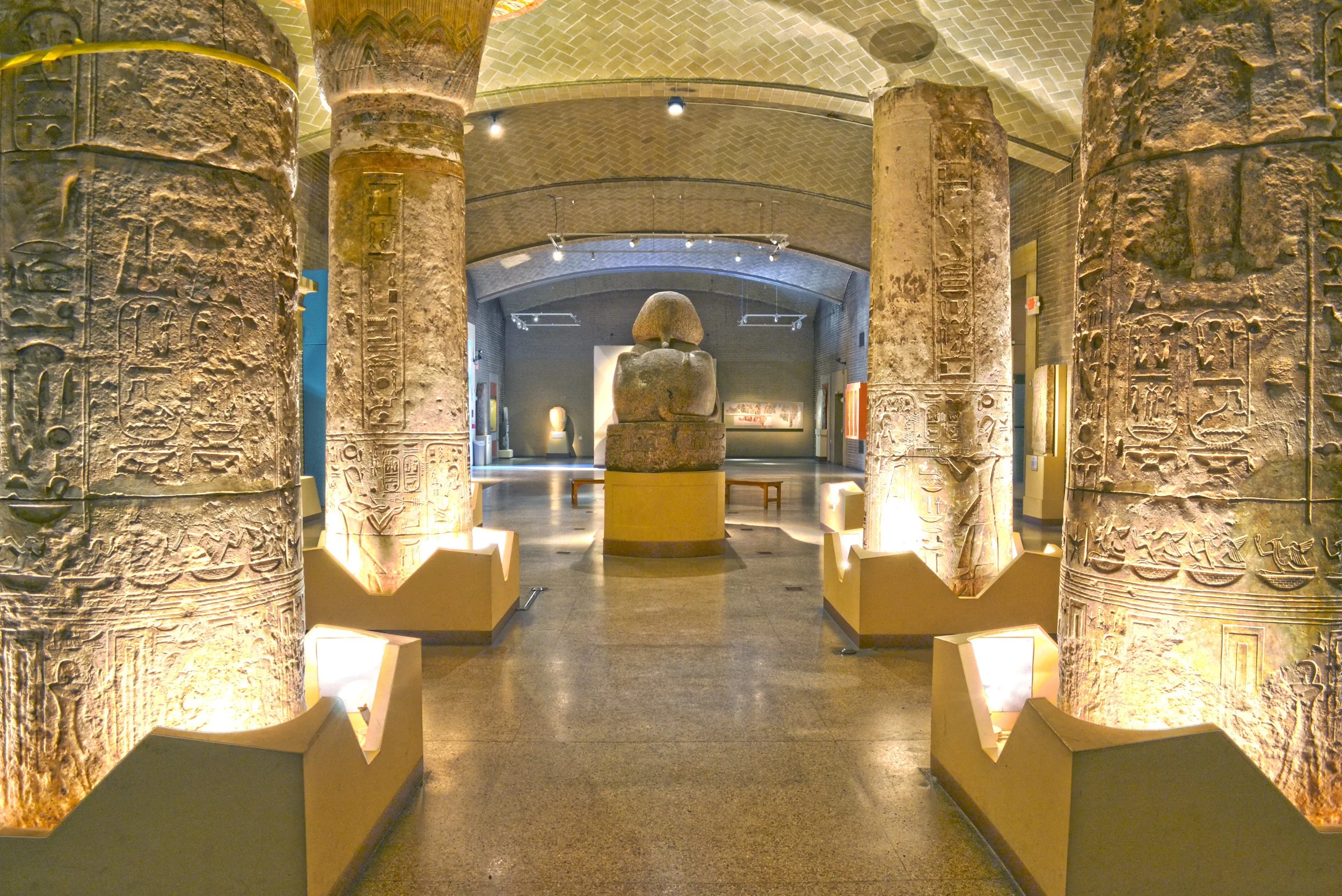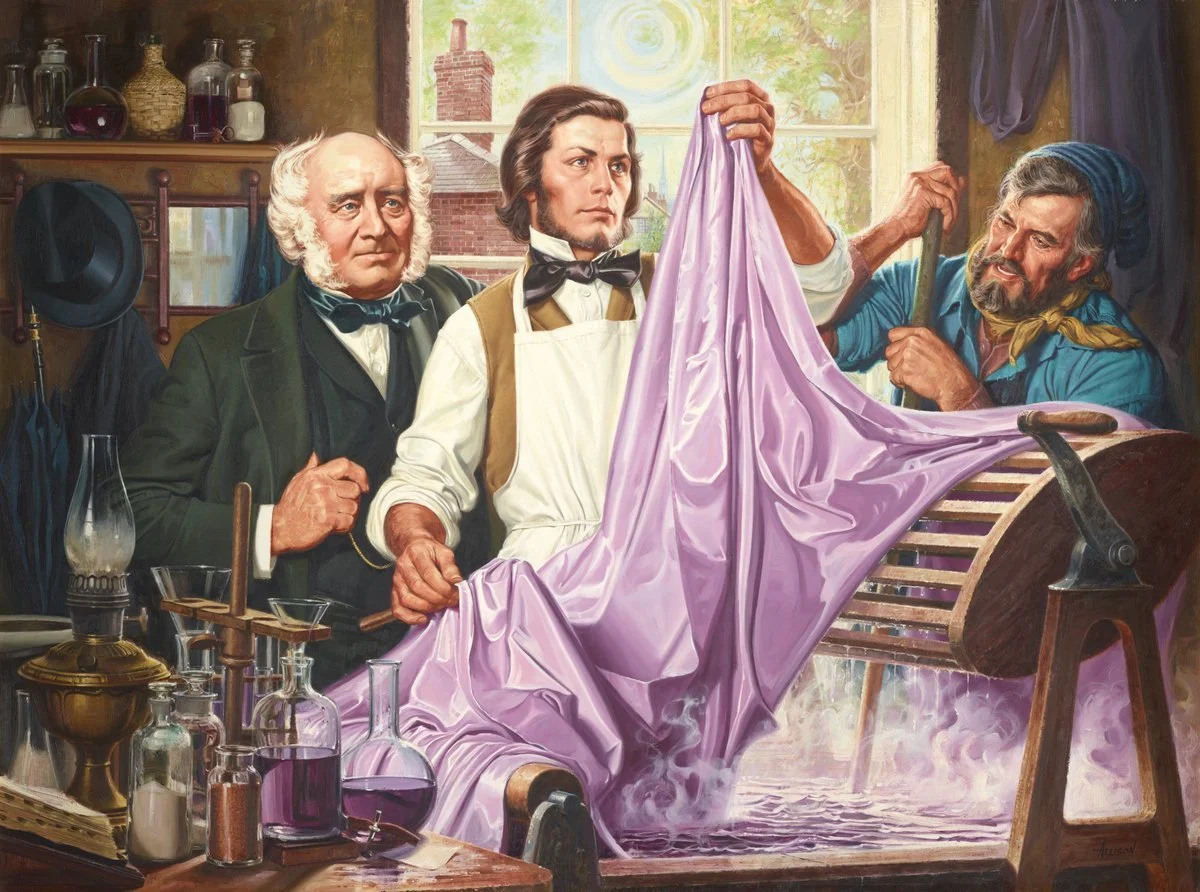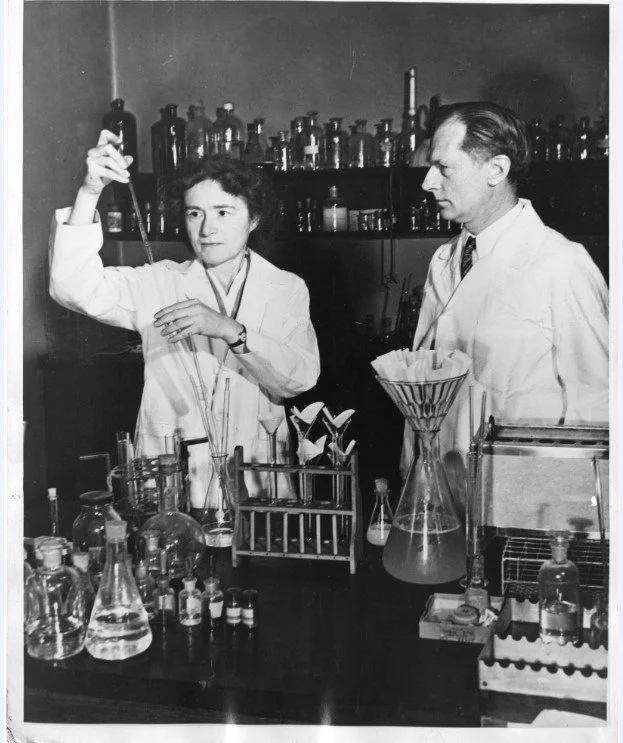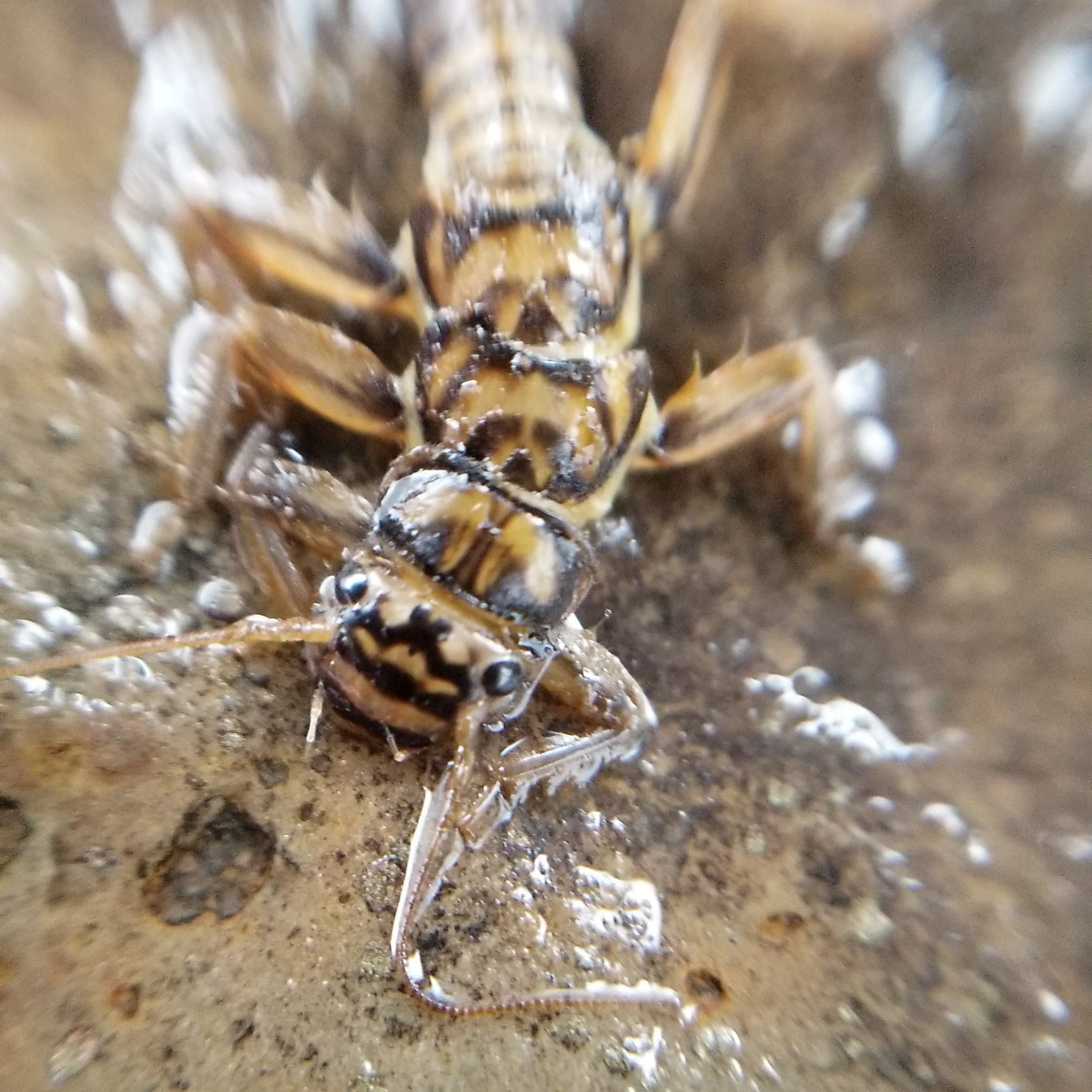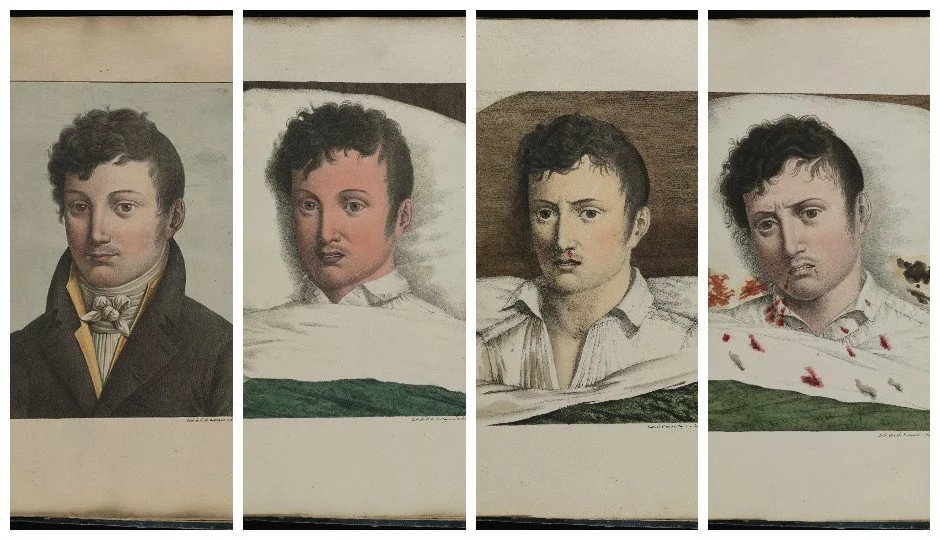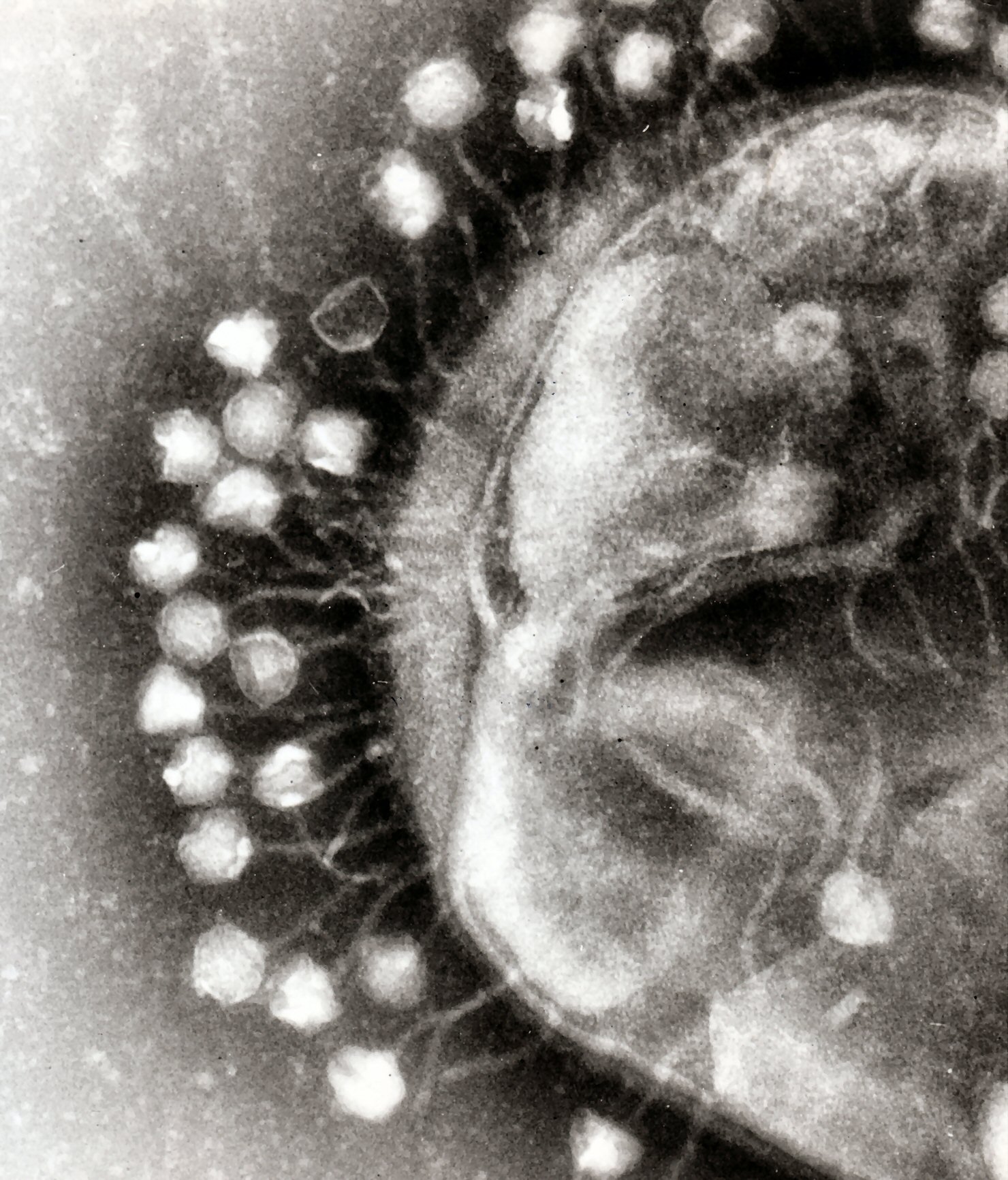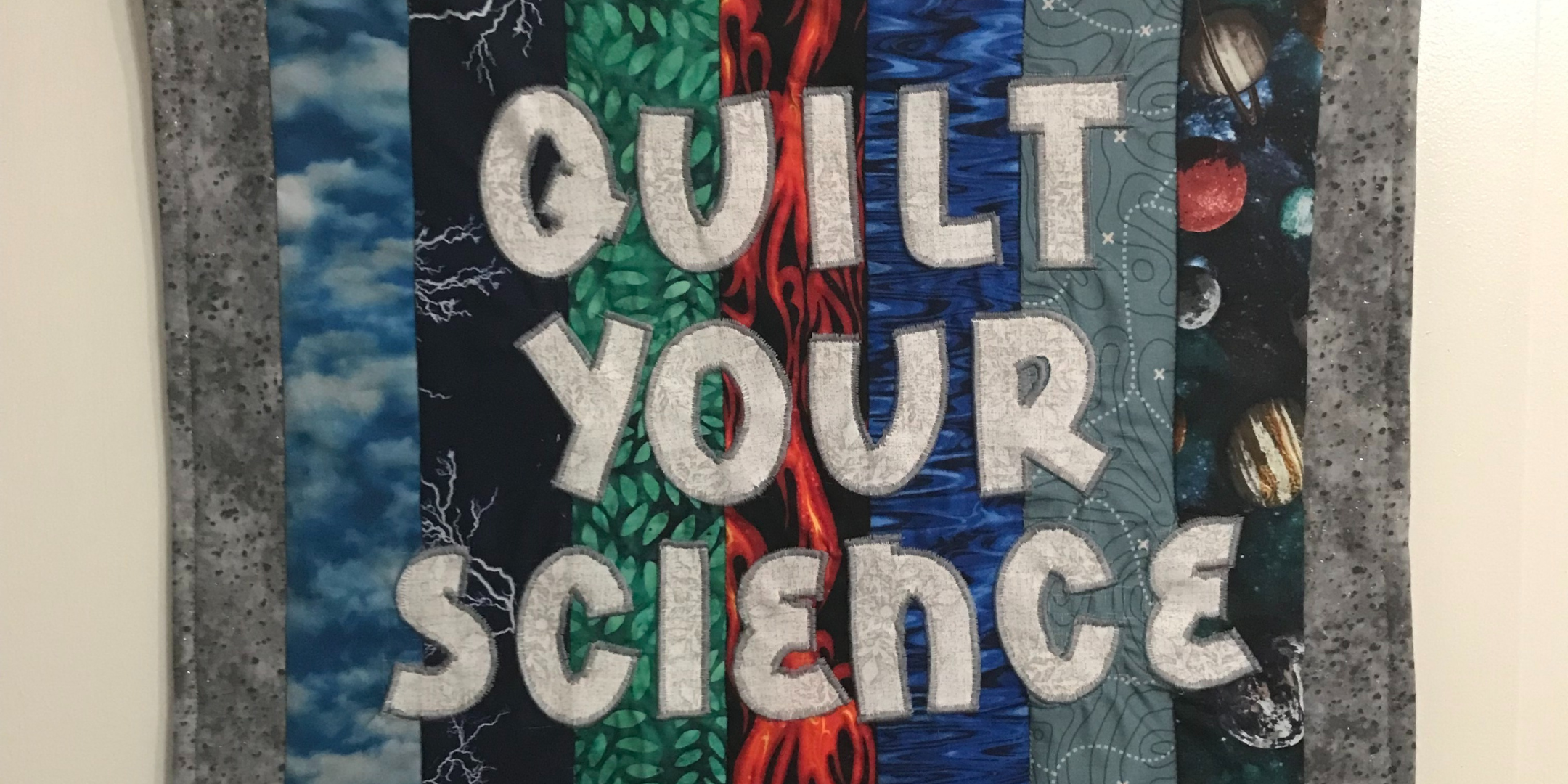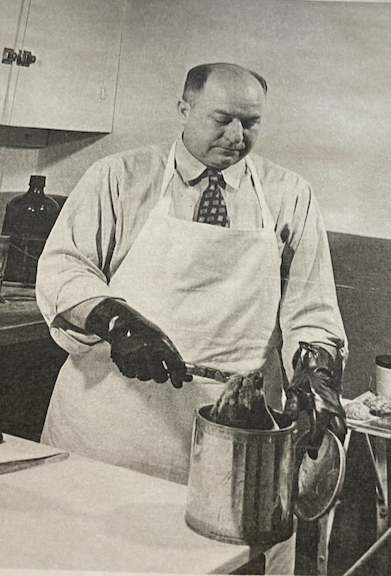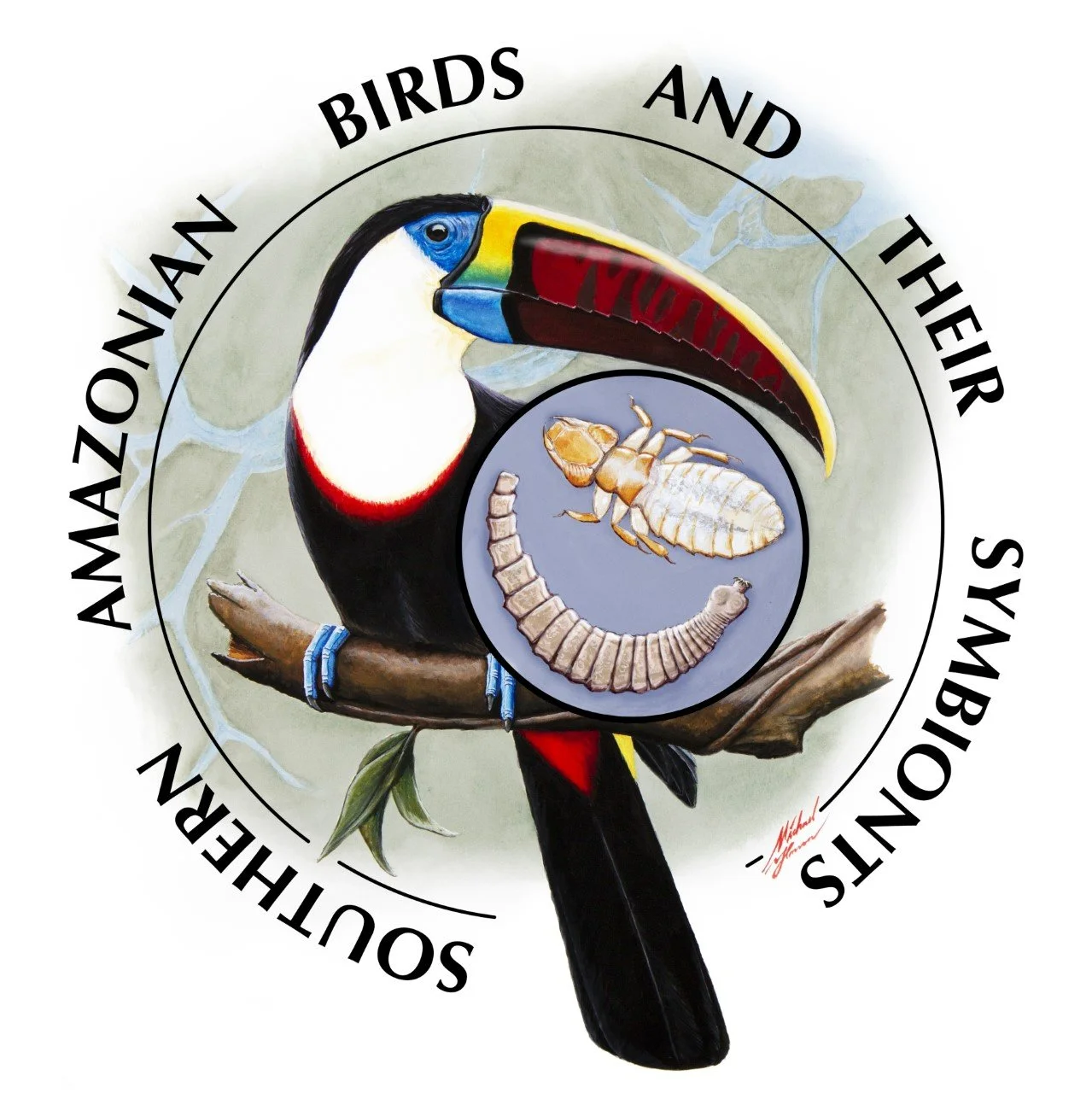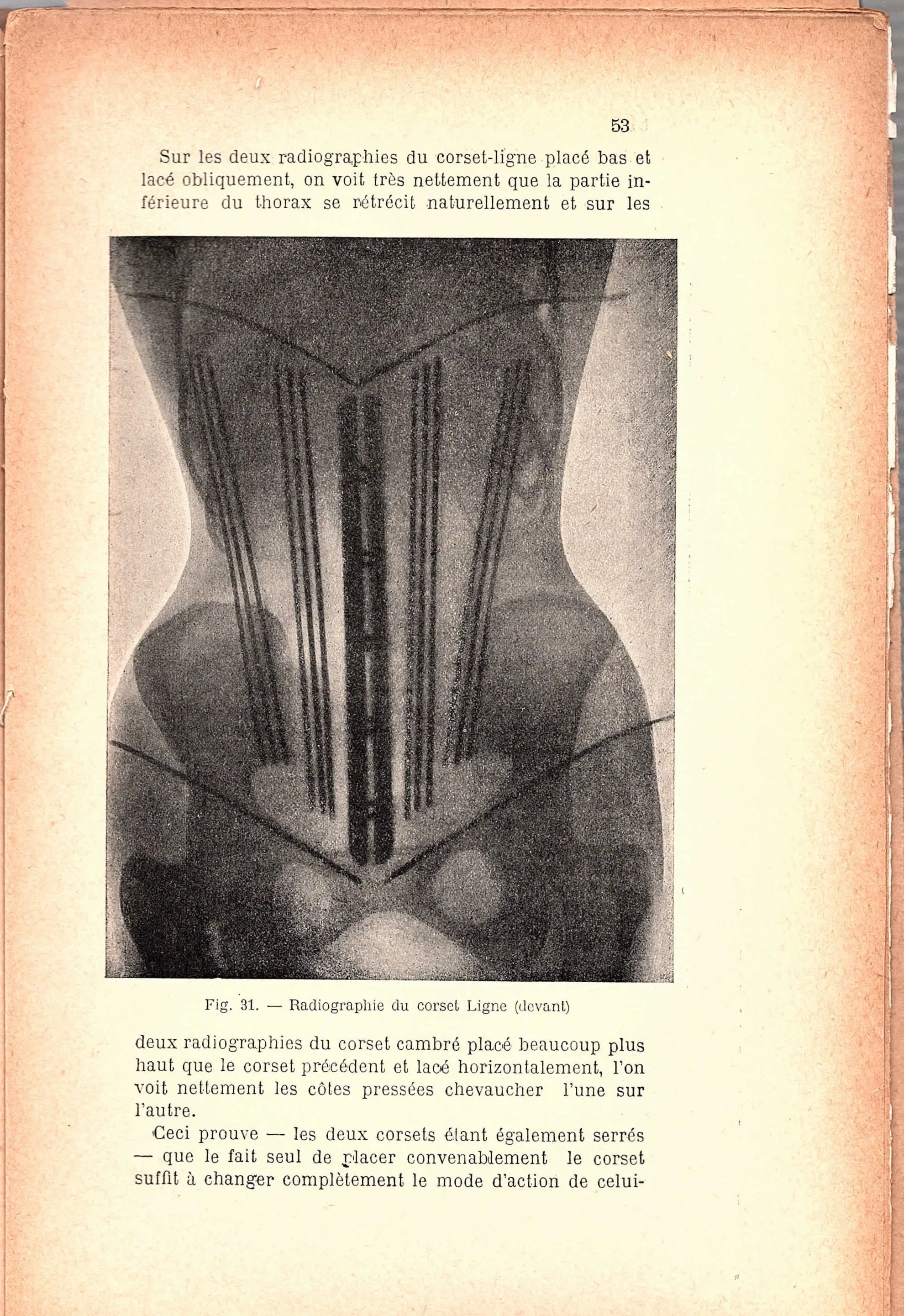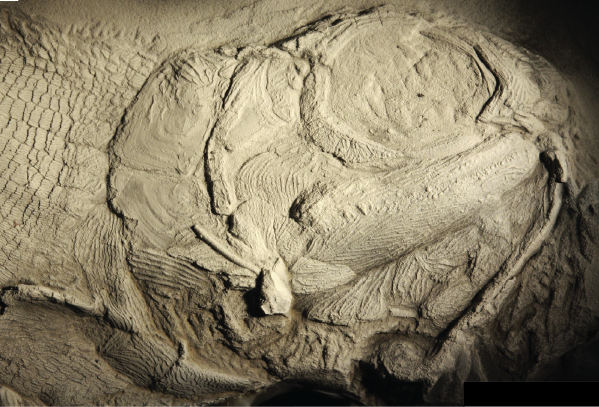Science On Tap returns to National Mechanics for our October event! Seats are available first come, first served and cannot be reserved through Science On Tap. If you’re feeling sick, we ask that you please stay home and join us next month.
Say “meteorologist” and most Americans will think of a TV weatherman. But digging into the invention of the television weather report reveals the surprising influence of aviation on modern atmospheric science. Talking to pilots during World War II transformed how meteorologists talk to the rest of us, especially once they learned how well pilots responded to cartoons and humor. Lots of rarely seen images illustrate this talk about flying, the moods of clouds, and male meteorologists’ bitter struggle to keep women out of the weather report.
Roger Turner is the Curator of Instruments and Artifacts at the Science History Institute in Philadelphia. He studies how our daily lives are affected by the invisible work of nerds.
Science On Tap will return to a virtual format for November’s event.
